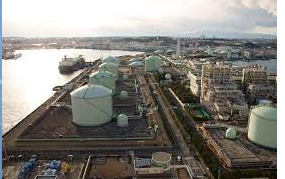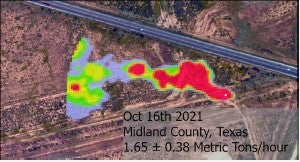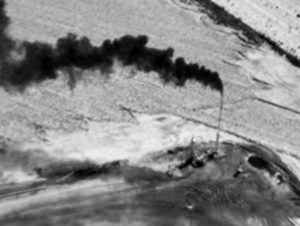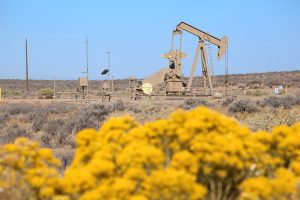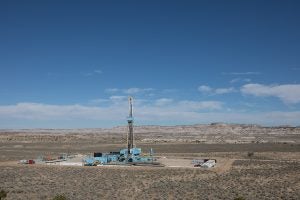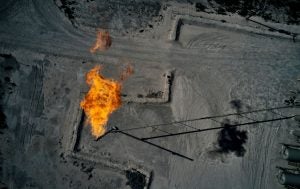 The last two months have seen encouraging momentum in the effort to tackle emissions of methane — a greenhouse gas that drives over a quarter of current warming — and the practice of flaring, which is a major source of energy waste and methane pollution.
The last two months have seen encouraging momentum in the effort to tackle emissions of methane — a greenhouse gas that drives over a quarter of current warming — and the practice of flaring, which is a major source of energy waste and methane pollution.
Starting with last month’s Major Economies Forum, one of the last major climate gatherings before COP 27 in Egypt, signatories to the Global Methane Pledge introduced a new goal to end routine flaring as soon as possible, and by 2030 at the latest.
Then, just this week, the U.S. and Mexico announced a commitment to cooperate and help Mexico develop a plan to eliminate routine flaring in alignment with the Global Methane Pledge.
Fast action to end routine flaring is critical for reducing emissions of methane, protecting human health and the climate, and stopping needless waste of energy resources as the world faces an energy crisis spurred by Russia’s invasion of Ukraine.
Now, the U.S. has work to do to ensure domestic policies can live up to our own global commitments. Fortunately, both the Bureau of Land Management and the Environmental Protection Agency have the authority and obligation to implement strong rules that end routine flaring.
Read More »










